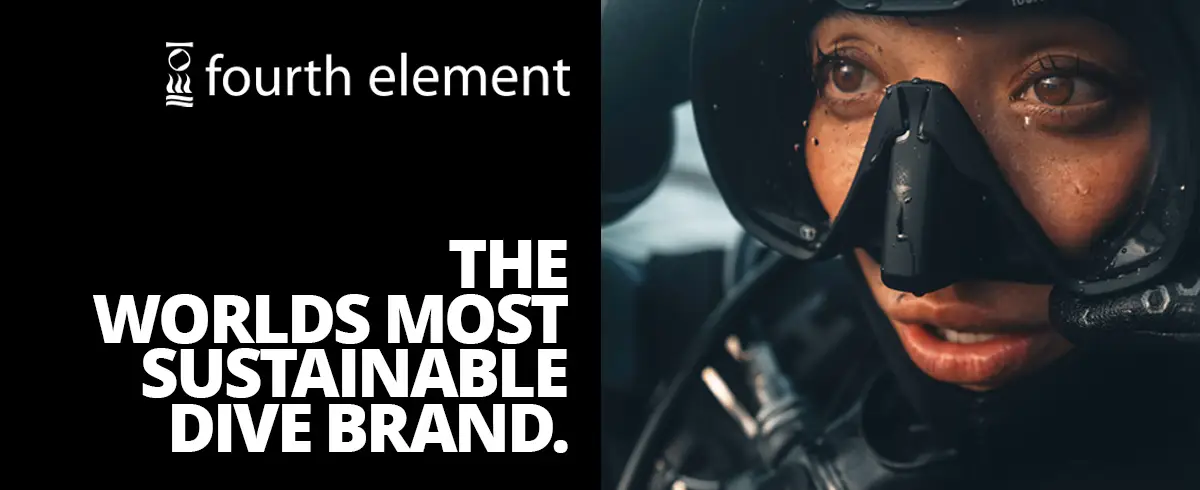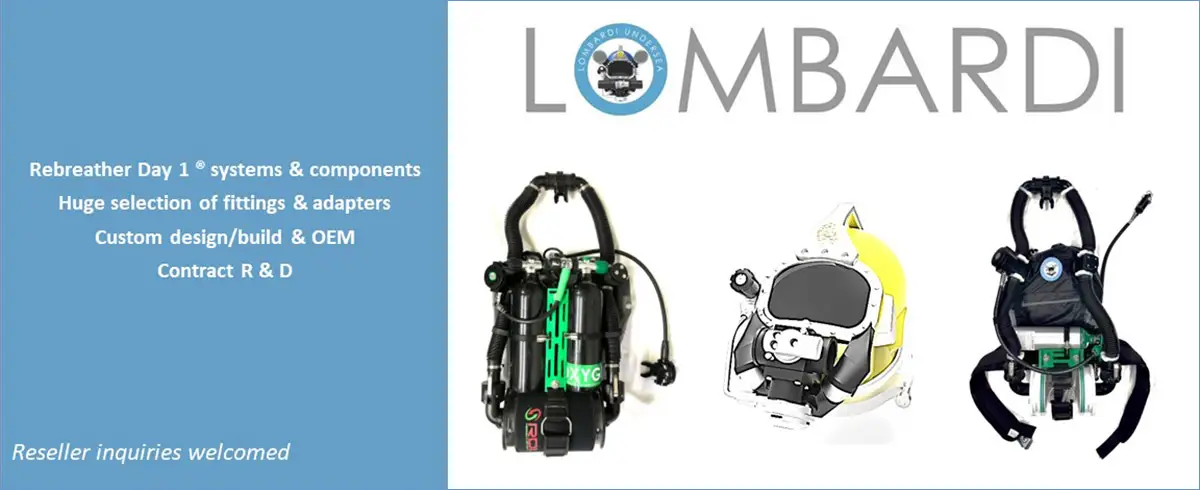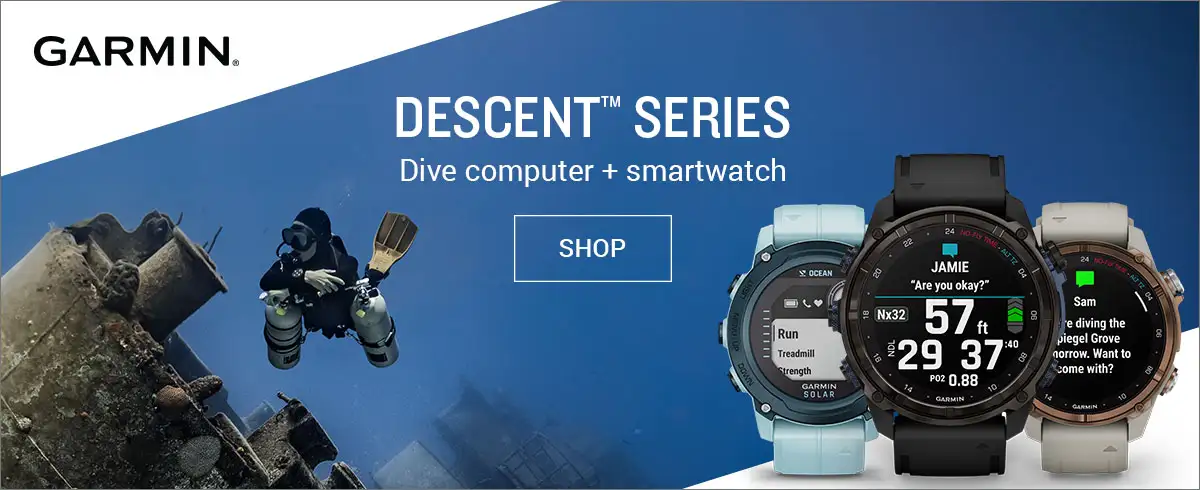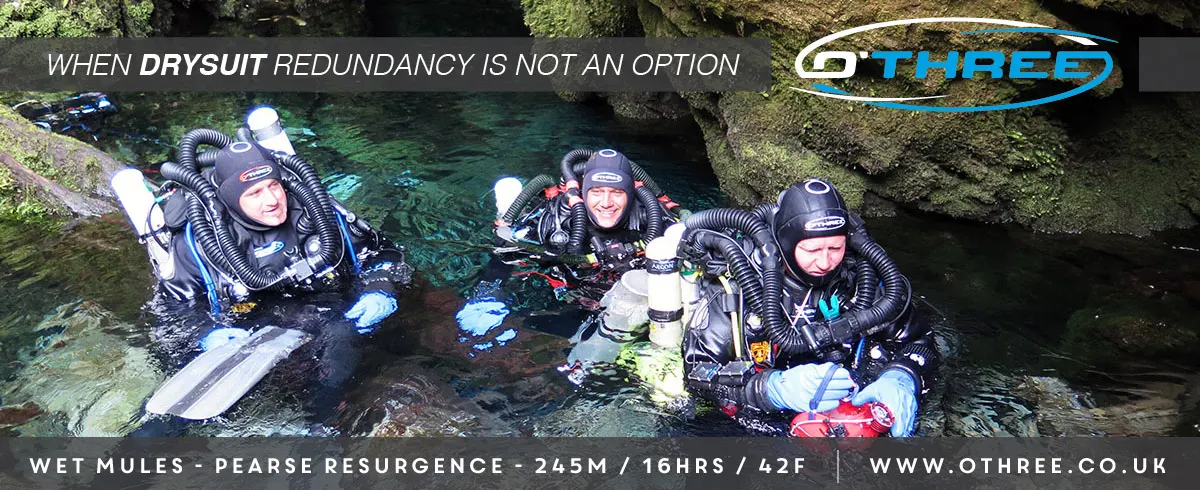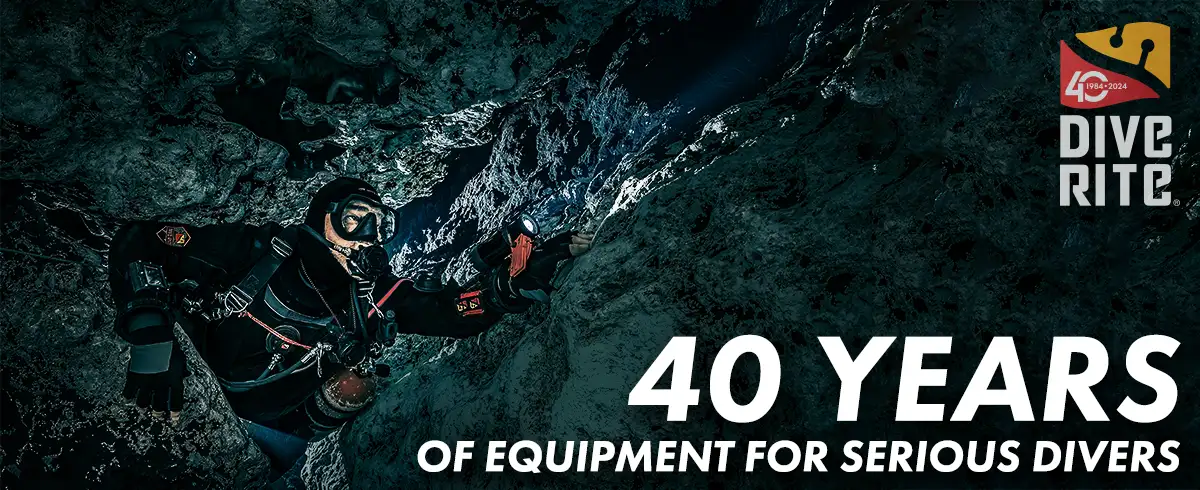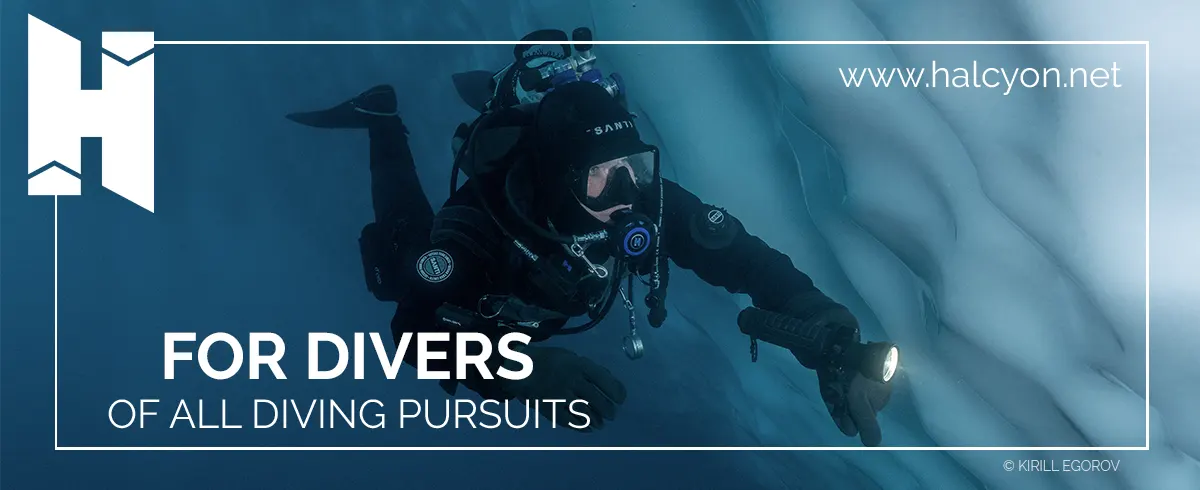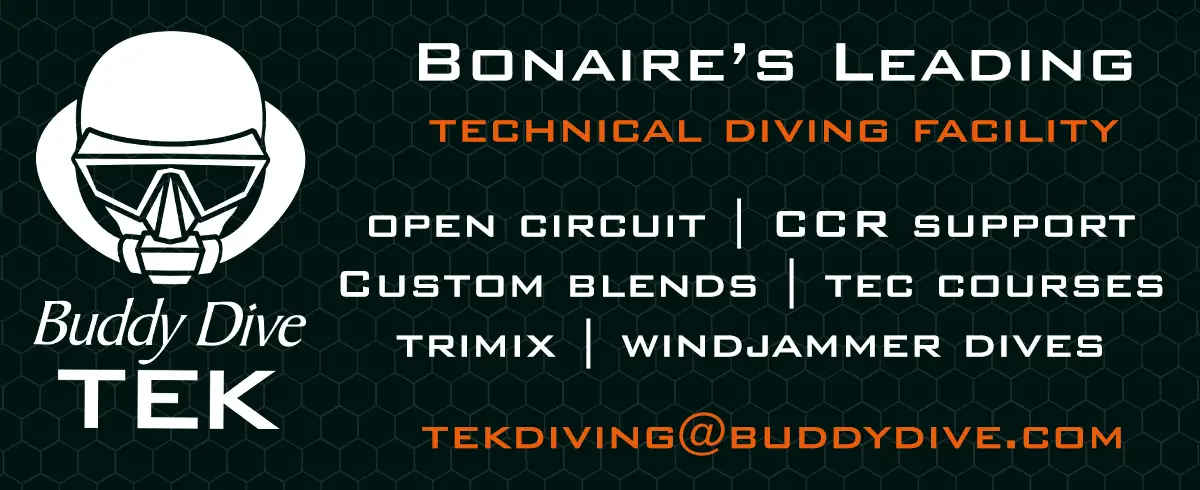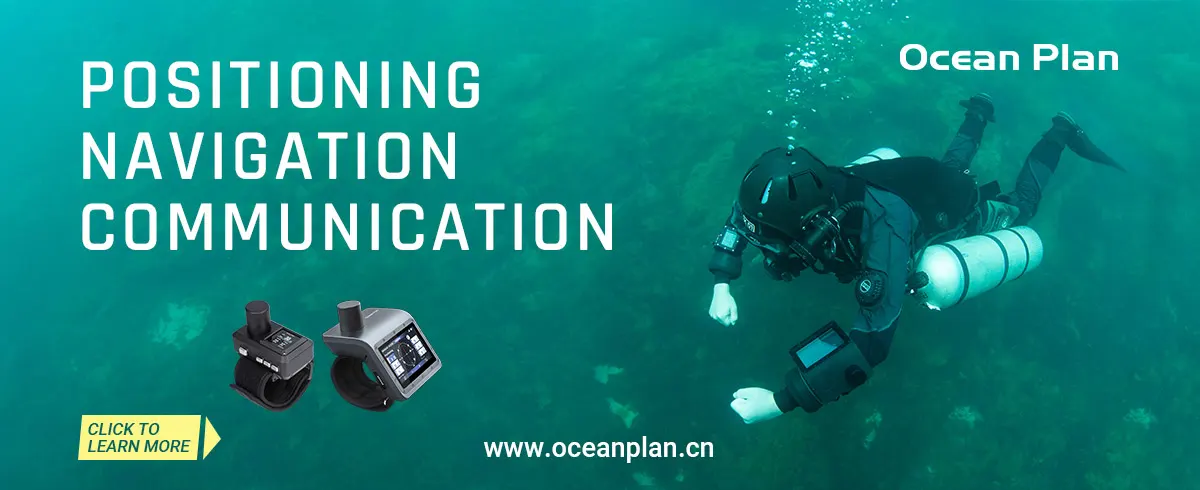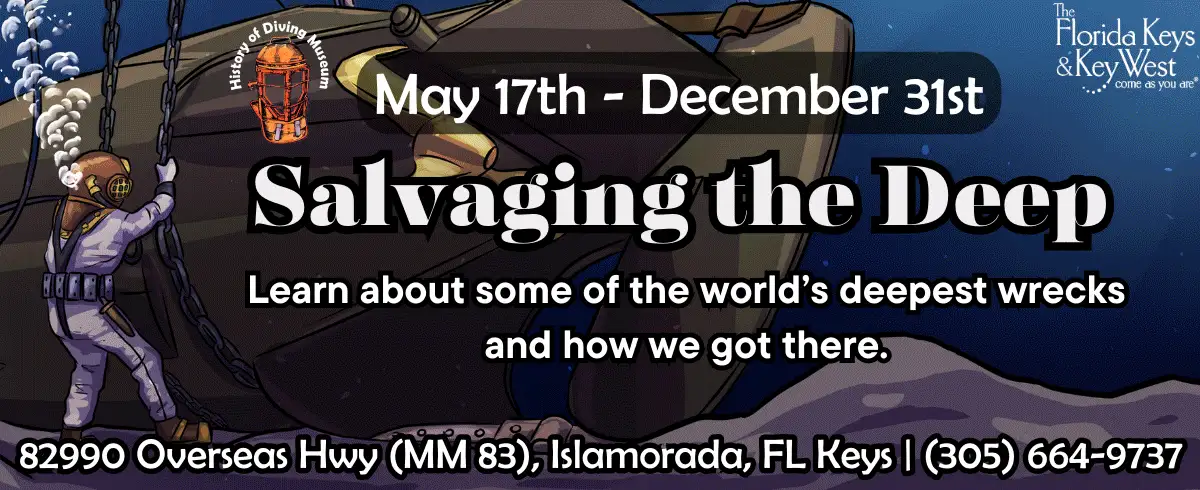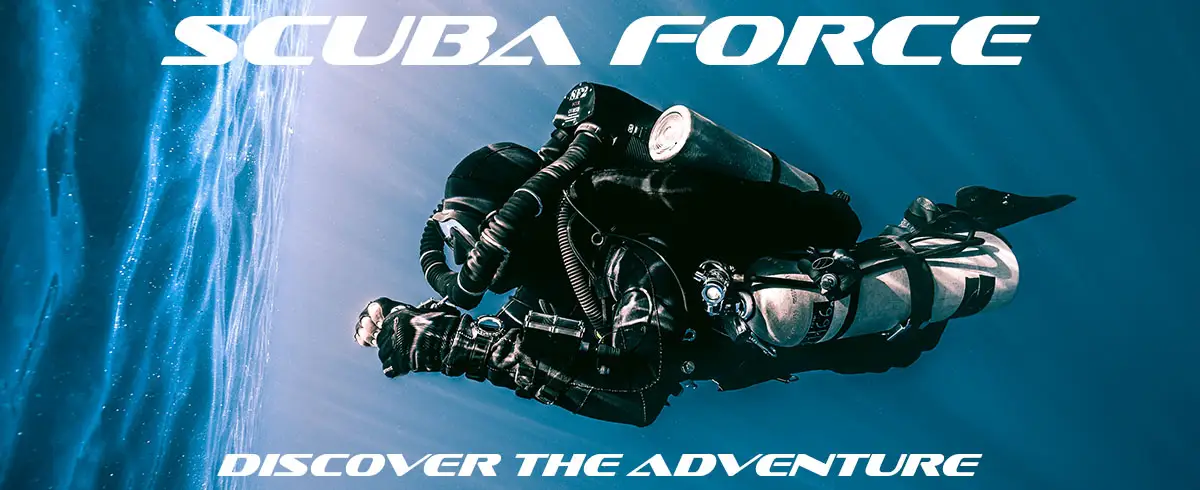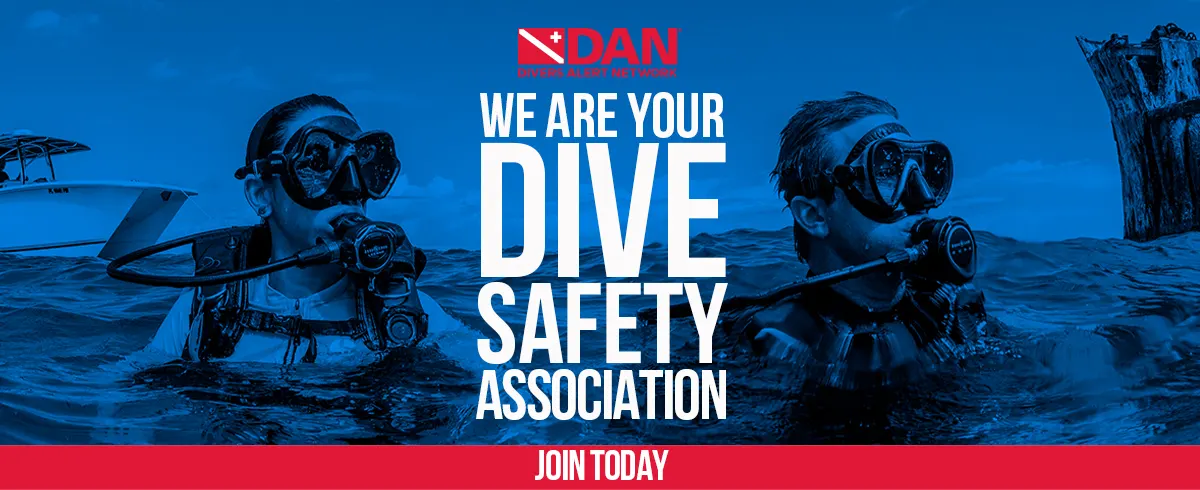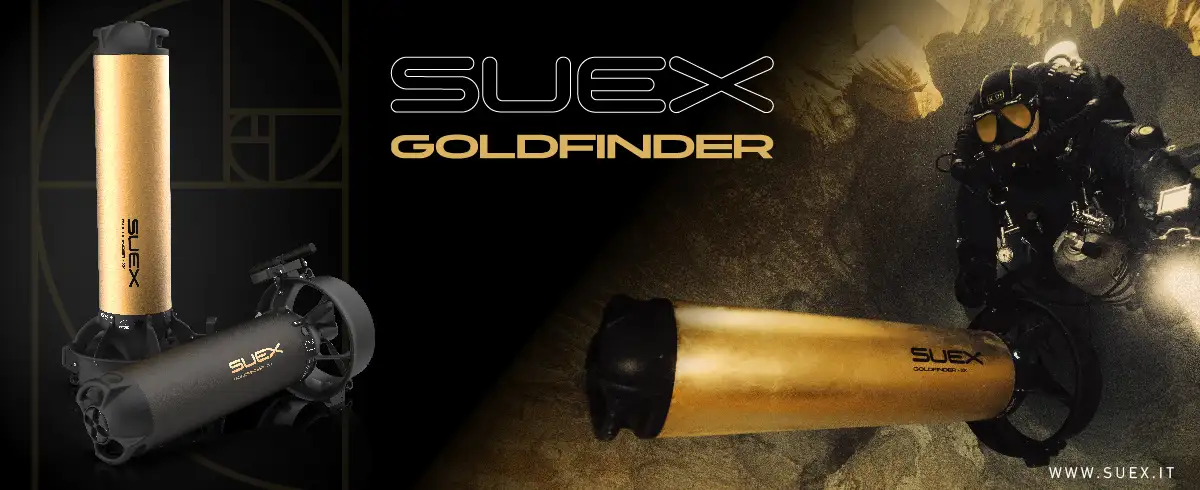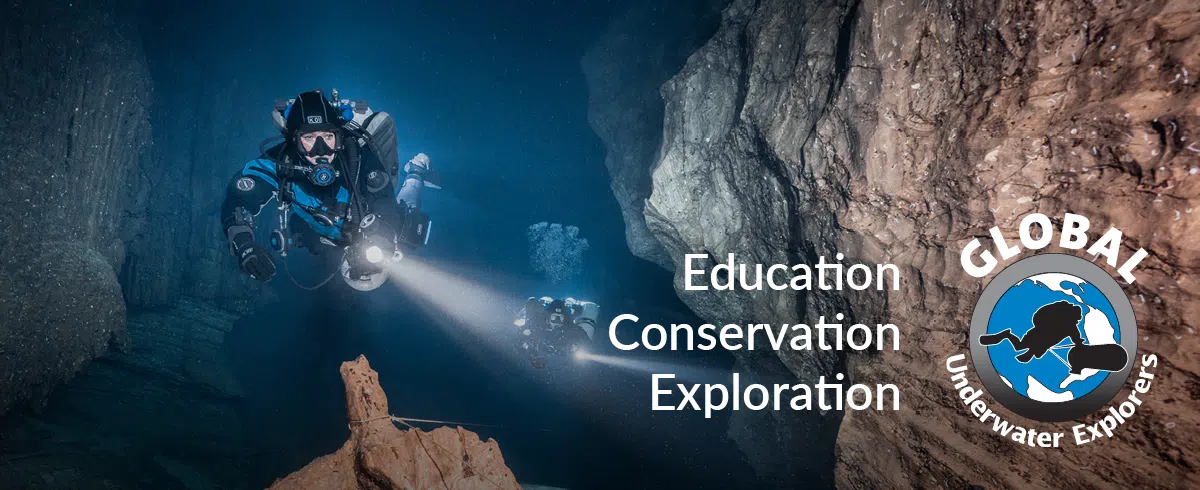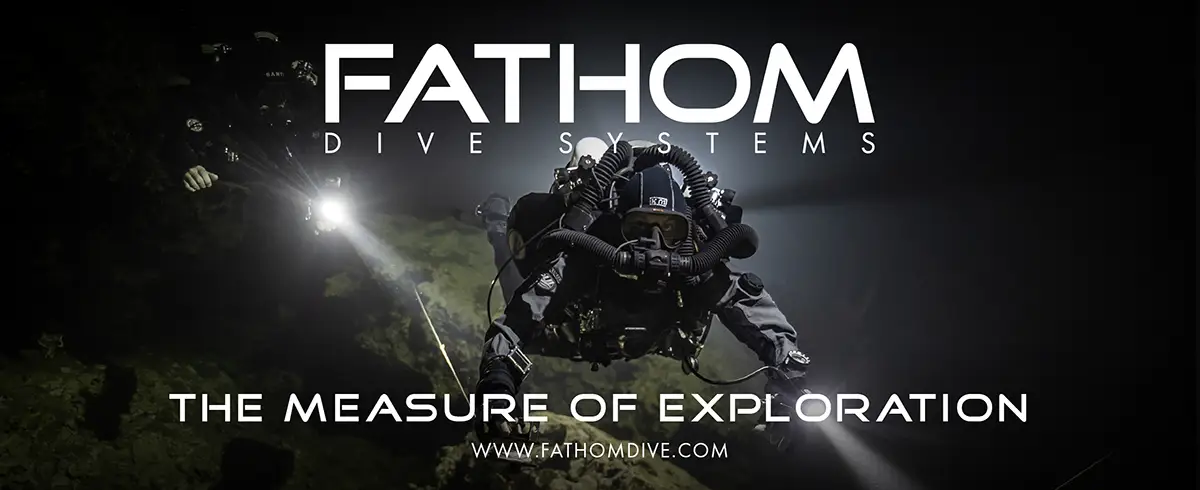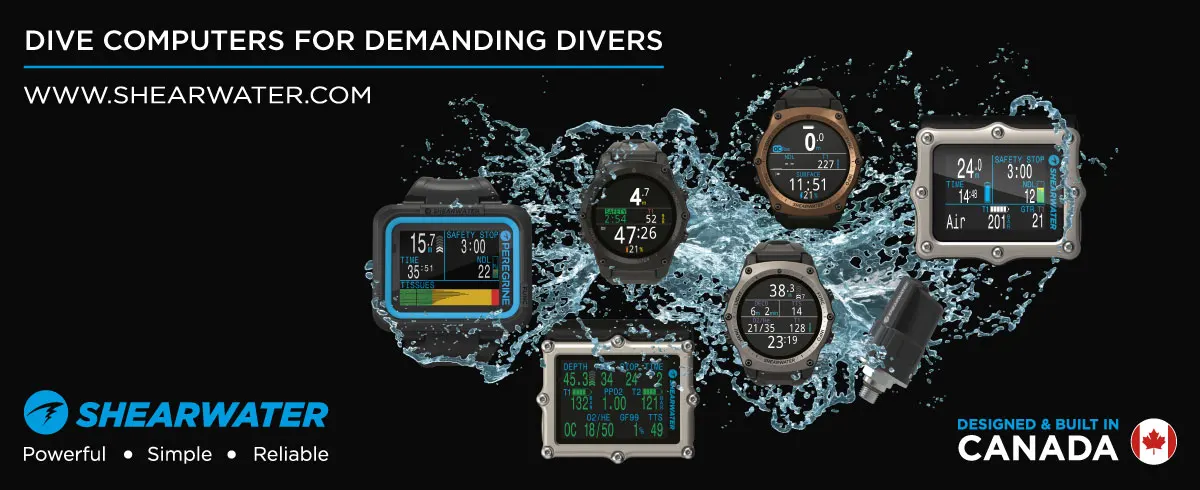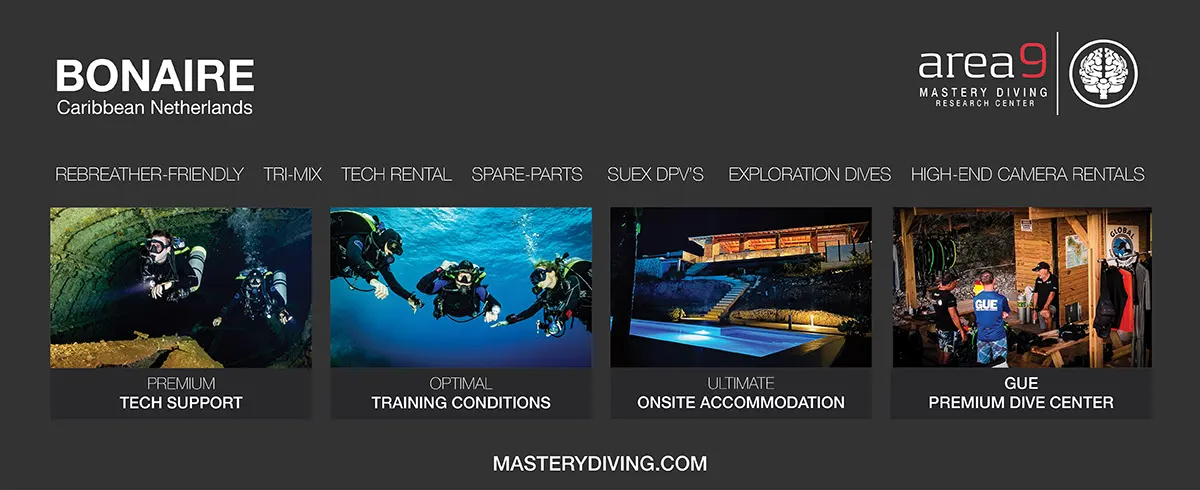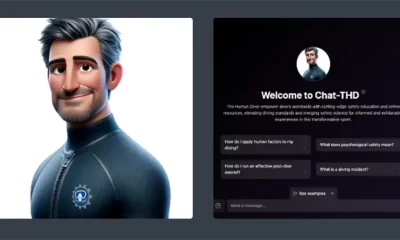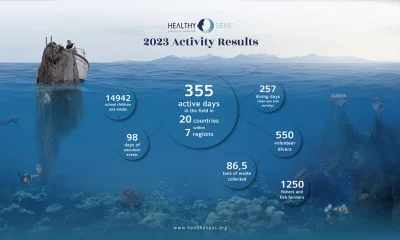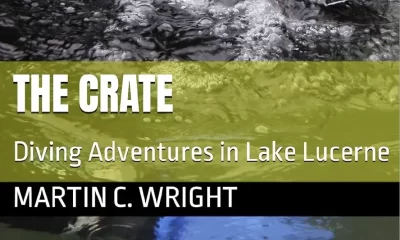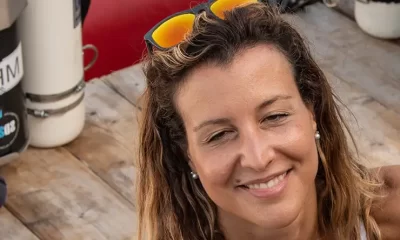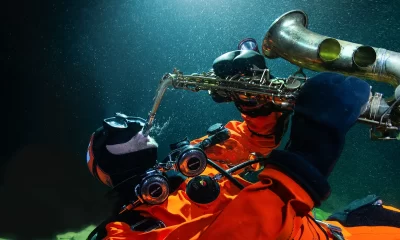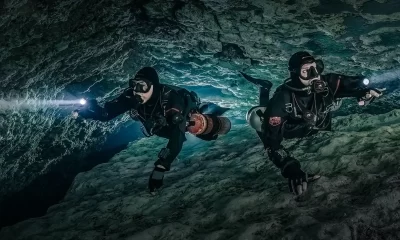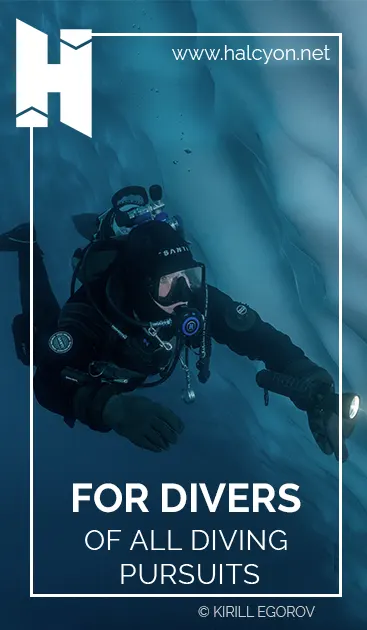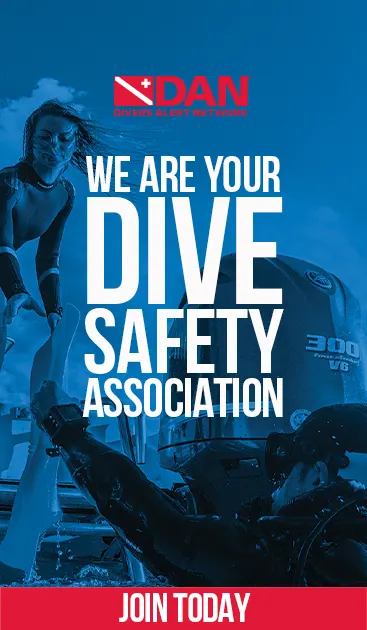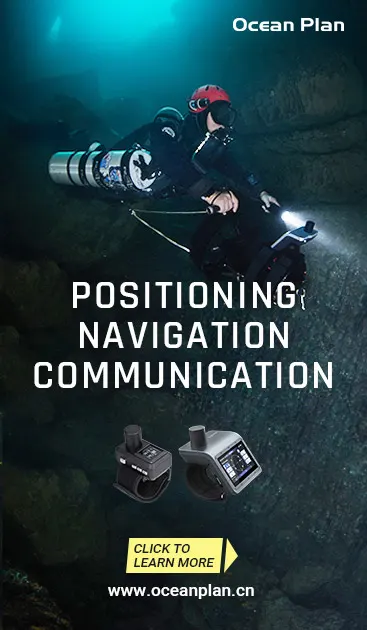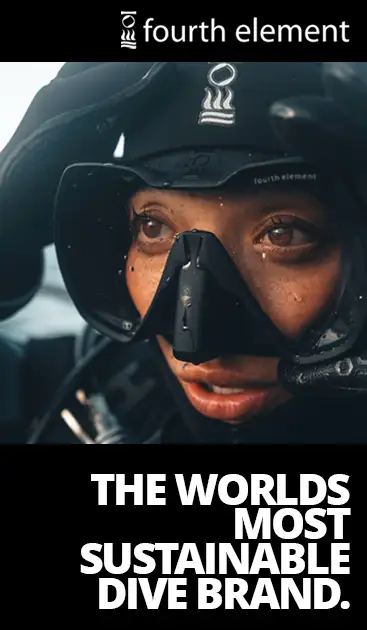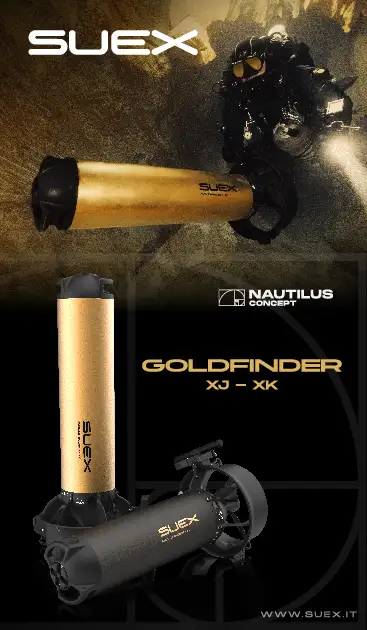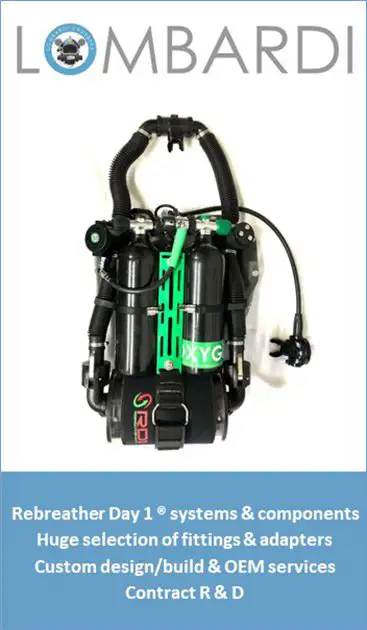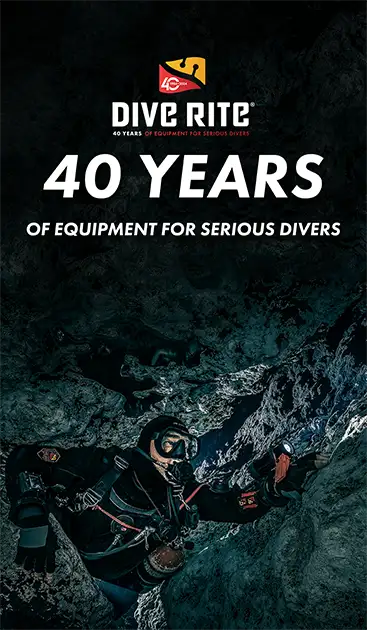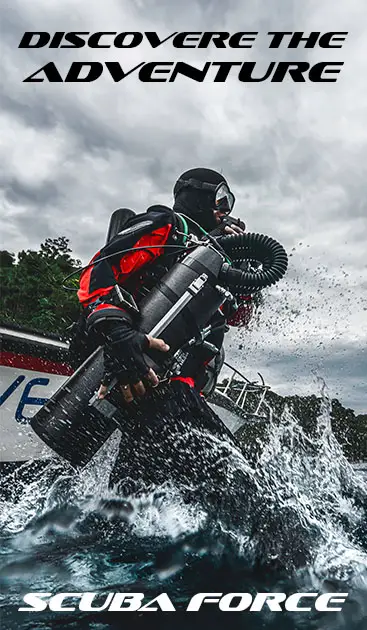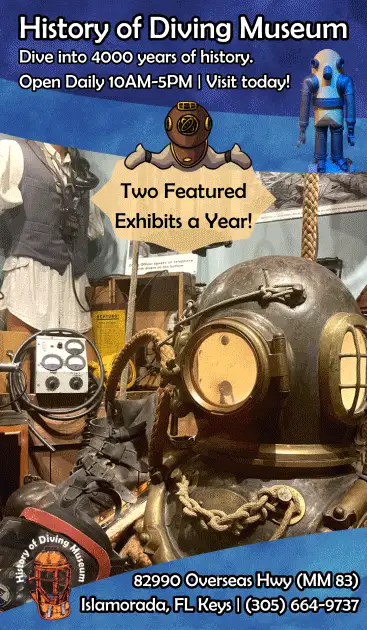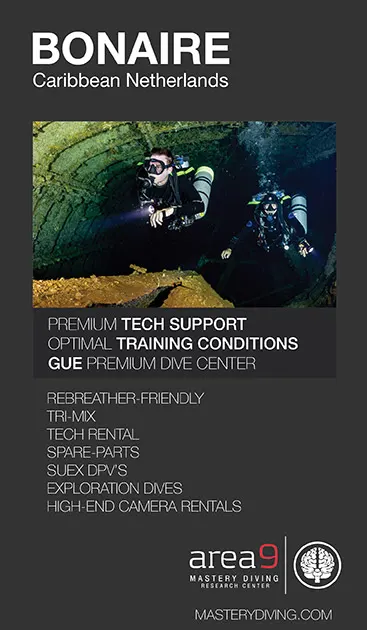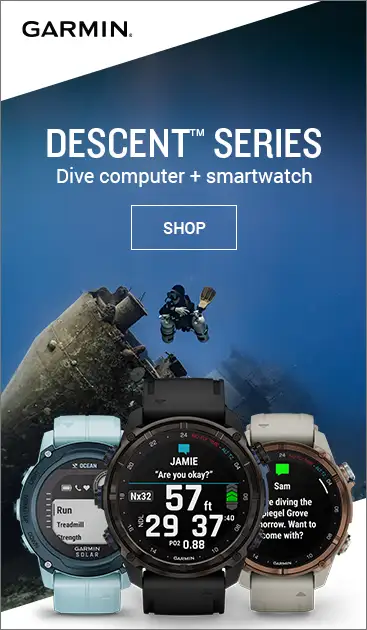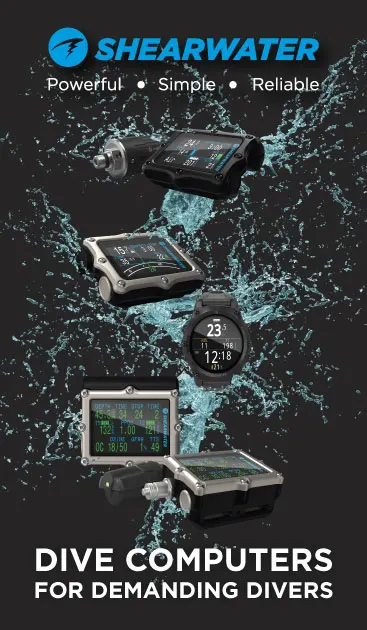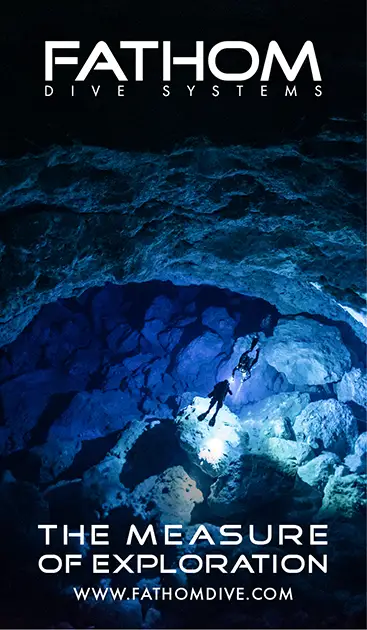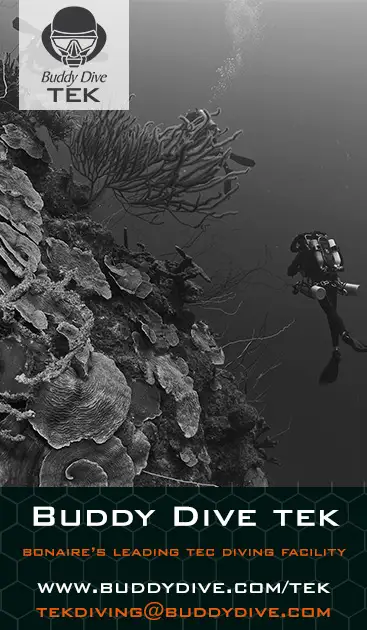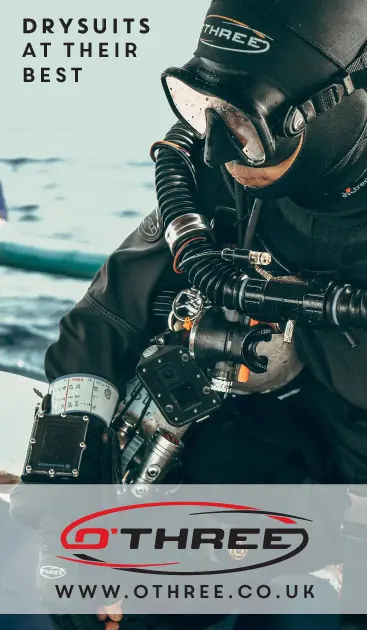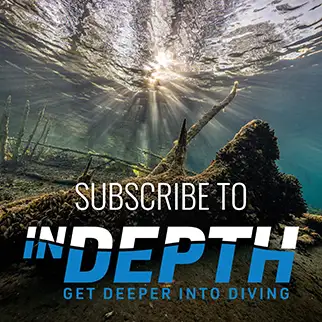Community
Harmony Beneath the Waves: Uniting for Industry and Ocean Advancement
International Training (IT) CEO Brian Carney has an important message that dive professionals need to hear and take to heart if we are to reduce tech’s perceived risk profile. The fate of our cherished community is arguably in our dry-gloved hands. Shall we serve as ambassadors to our underwater world or its gladiators? Here is Carney’s proposal. What sayeth you?
By Brian Carney, CEO, International Training. Images courtesy of the author.
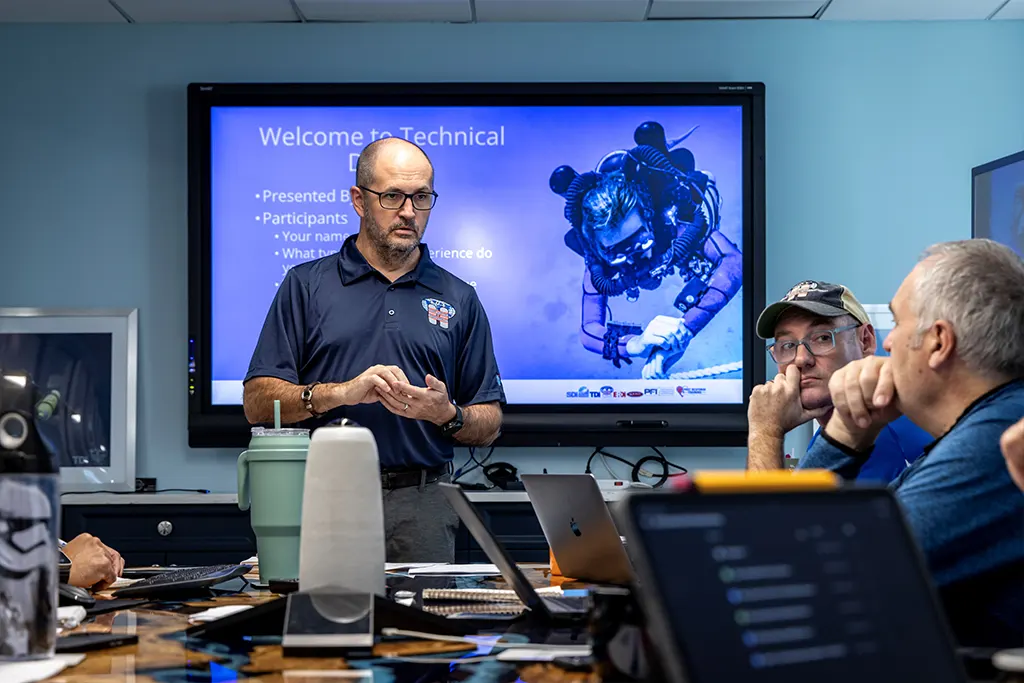
I was surprised to receive an unexpected invitation from Michael Menduno, the editor-in-chief of Global Underwater Explorer’s (GUE) InDEPTH online magazine. He asked me to contribute some thoughts that met the common goal of advancing technical diving. In retrospect, his request makes perfect sense based on my years observing that GUE’s commitment to advancing Technical Diving seamlessly aligns with our brand, Technical Diving International (TDI). GUE’s openness to communication and collaborative efforts for industry betterment is undeniably inspiring. With this unique opportunity, my goal is to urge collective action to address two pressing issues in our diving industry affected by our public actions: the escalating insurance costs, and diminishing coverage options.
During a recent boardroom meeting with insurance underwriters, the discussion centered on our professional liability insurance renewal. It seems that,despite minimal recent incidents, the industry is still categorized as a major risk. The rationale cited for this classification was completely preventable behaviors, much of which was based on public conflicts between professional members often seen in online forums or publications. Additionally, there is a perceived lack of collective effort amongst professional standards-development organizations to reduce the industry risk profile.
“Despite minimal recent incidents, the industry is still categorized as a major risk. The rationale cited for this classification was public conflicts between professional members often seen in online forums or publications, and a perceived lack of collective effort amongst professional standards development organizations to reduce the industry risk profile.”
All the organizations have a diverse range of professionals in them, spanning from highly skilled to less proficient, that all are required to follow a Professional Code of Conduct. Yet, despite the Code of Conduct, sometimes professionals use public forums to make critical comments about others in the industry without suggesting improvement options. Active mentoring and assisting with error remediation is much more productive than criticism in a public arena.
Also troublesome are collaborations on standards development boards, where stagnation persists, along with a loss of focus on our core industry mission of increasing diving safety. Recognizing that professionals are the primary ambassadors for our sport and are the catalyst that drives change is why I am addressing you here. These two issues have substantial implications, potentially affecting the cost and affordability of teaching diving, and diminishing our sport’s collective voice.
To shift our course, we advocate treating fellow dive professionals, including those who train with other organizations, as ambassadors of our sport, not competitors. With collaboration, we can see an enhancement of education quality, fewer incidents, and overall improvement of the safety of our industry. Together we can make this change.
I am optimistic that collective efforts can enhance the safety of our sport in the future. Michael’s invitation is an example of the collective efforts of some to work together and be an example for others to set their egos aside for the good of the sport. To that end, I look forward to continuing collaboration with GUE, as well as others, on further improvement initiatives. to improve our sport.
DIVE DEEPER
SDI TDI ERDI PFI FRTI: TEKDiveUSA 2016: How Big is Technical Diving?
TDI|SDI: aquaCORPS Magazines – Interviews with Tech Divers
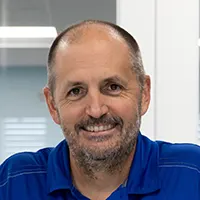
Brian Carney, CEO of Technical Diving International—Brian’s career of 30+ years in the diving industry has spanned numerous roles, but his roots were always with Technical Diving in the North Atlantic. A love of Marine history led to him being part of many exploratory expeditions for WW2 wrecks in the 1980’s and 1990’s. As the Chief Research Instructor for the University of Rhode Island he trained and led many expeditions using varying types of diving equipment. In his current role leading one of the largest technical diving organizations in the world, he is regularly amazed by how the industry has grown and developed by the pioneers and explorers doing remarkable things every day.
TDI along with our other diving brand, Scuba Diving International (SDI), prioritizes safety while offering innovation and flexibility to new underwater explorers. We provide customized educational structures for deeper and longer dives, while fostering confidence. Explore at: www.tdisdi.com

